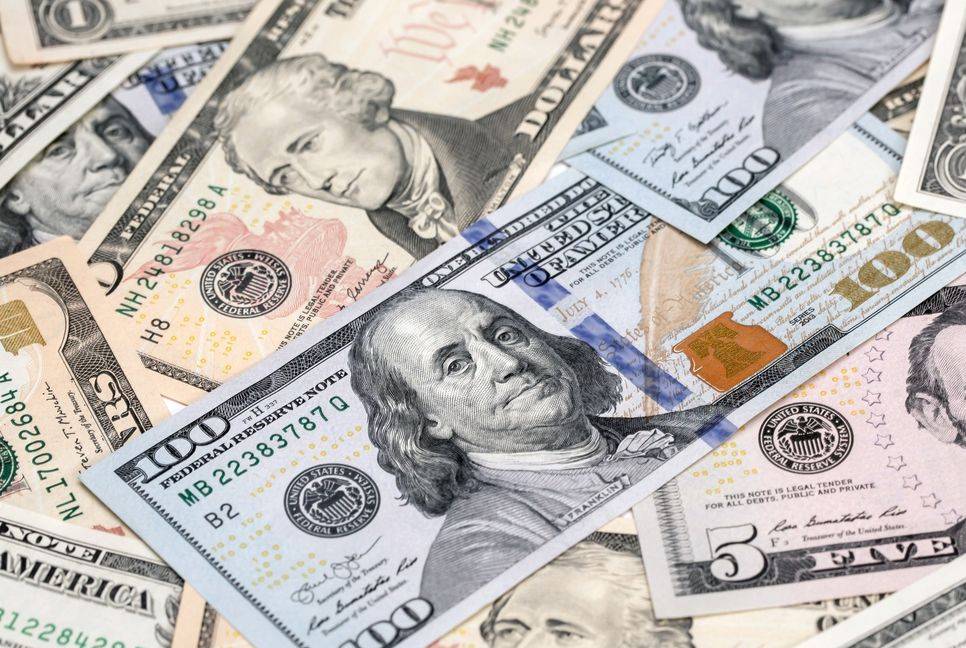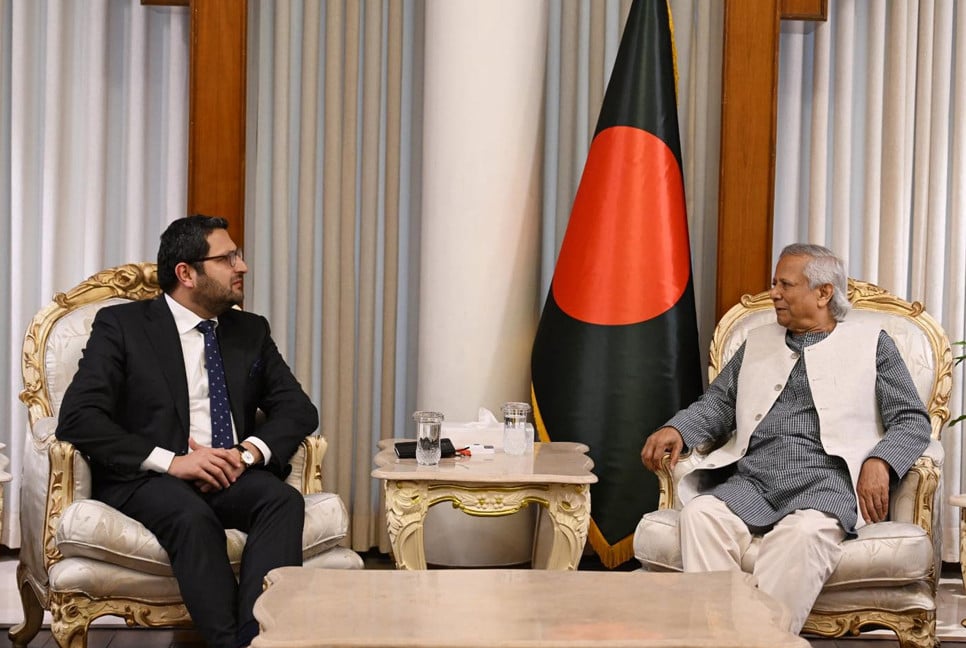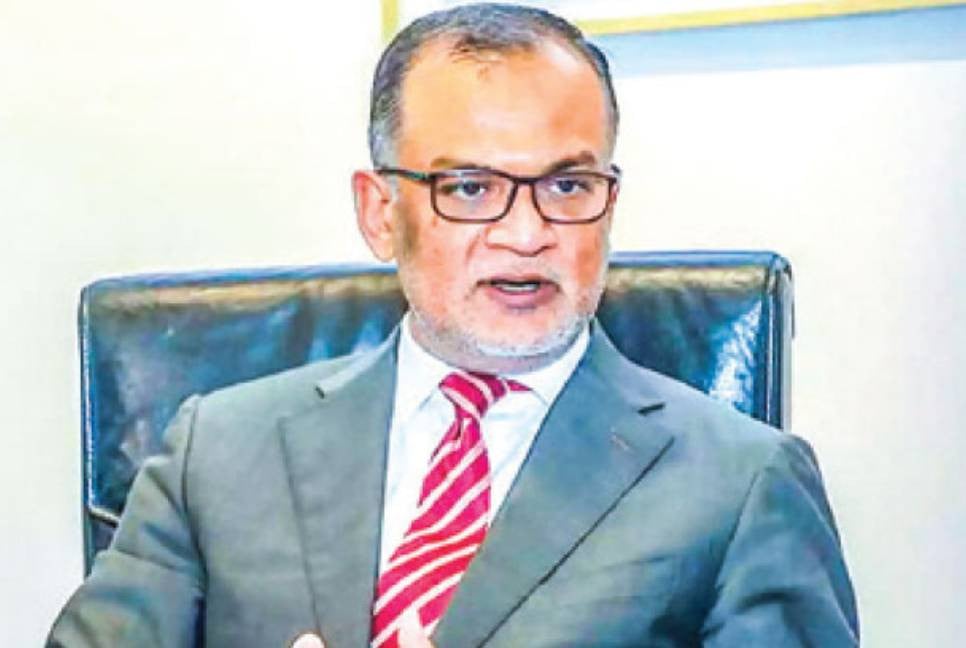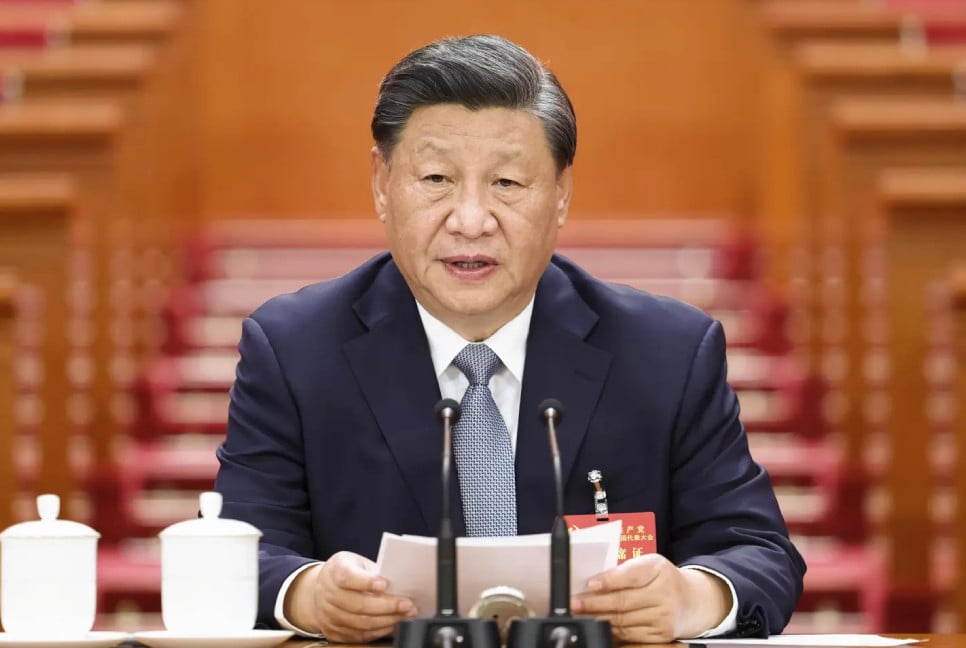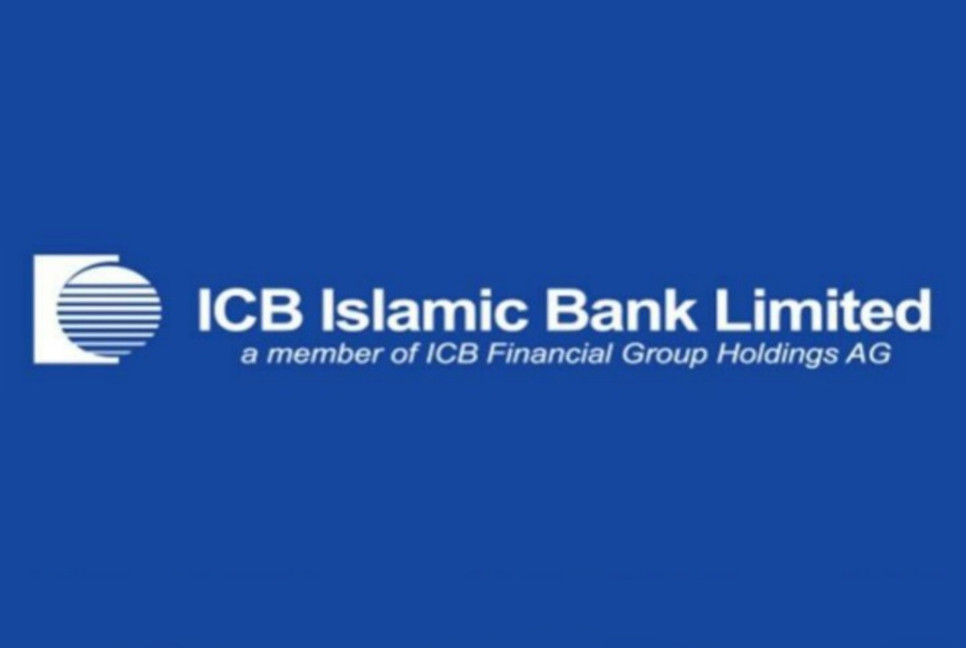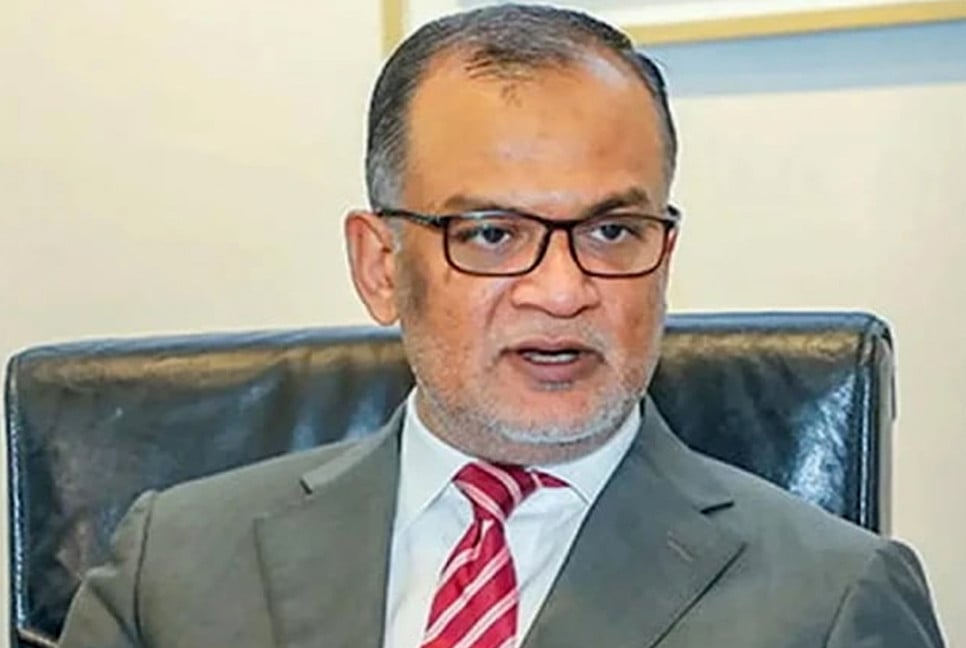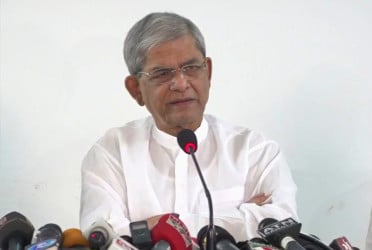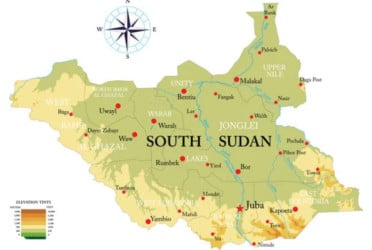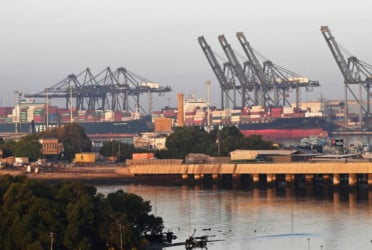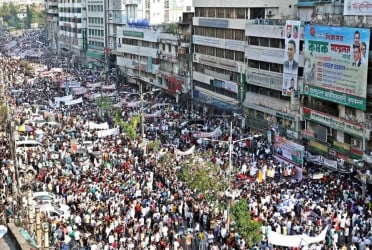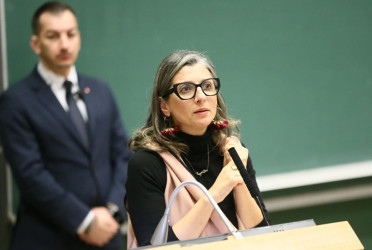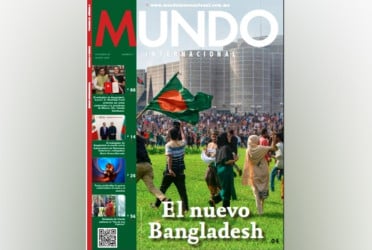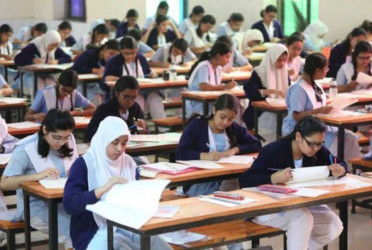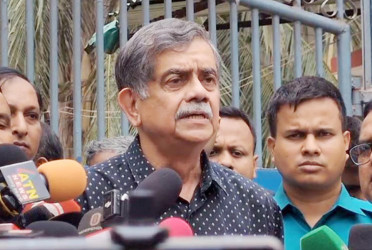Despite global economic crisis, Bangladeshi expatriates have continued sending home remittances, providing a boost to the economy amidst a shortage of dollars.
Bangladesh received over $1.05 billion or approximately Tk112.54 billion as inward remittance during the first 17 days of February with Tk 6.62 billion daily receipt, according to latest central bank data, reports Daily Sun.
In January, the country received $1.96 billion in foreign remittances while it was nearly $1.7 billion in December.
Of the amount received so far in February, private commercial banks brought home $858.3 million, state-owned commercial banks $165.7 million, specialised two state-banks $23.9 million and foreign banks $3.8 million.
Meanwhile, state-run BDBL, RUKUB, private bank Bengal Commercial bank, Community Bank, foreign Habib Bank, National Bank of Pakistan and State Bank of India failed to fetch any foreign remittance.
During the first half of 2022-23 fiscal year, total inward remittances stood at over $10.49 billion. In 2021-22 fiscal year, remitters stood at $21.03 billion, in 2020-21 fiscal year the receipt was much higher at $24.77 billion and in 2019-20 fiscal year it was $18.20 billion.
In 2017-18 fiscal year, remittance inflow was $14.98 billion, in 2016-17 fiscal year it was $12.77 billion and in 2015-16 fiscal year total remittance flow stood at $14.93 billion and in 2014-15 it was $15.32 billion.
In terms of calendar year, the country’s foreign remittance inflow was $21.27 billion in 2022, $22.08 billion in 2021 and $21.74 billion in 2020.
Out of the $21.27 billion receipt in 2022, the first six months' inflow was $10.79 billion, and the second half's receipt was $10.49 billion. Monthly remittance inflow surpassed the $2 billion dollar mark in three months of 2022. The highest amount of $2.10 billion foreign remittance was received in July, while in April, it was $2.01 billion, and in August, it was $2.04 billion.
Given the current trend, central bank officials expect that remittance inflow may rise in the coming months this year. Economic analysts think that the rising trend in remittance, coupled with growing exports, the two mainstays of the country's economy, is a good sign for an economy struggling with an acute dollar crisis.
The Russia-Ukraine war dealt a significant blow to the global economy, especially for net importing countries like Bangladesh.
The war prompted a sudden hike in energy, food, agro-input, and industrial raw materials prices across the globe. Since the start of the war, Bangladesh has been fighting with high import bills, and high inflation caused a free fall in taka's value against the US dollar. Economic analysts said this situation has put the "fragile" corona recovery at stake, and fixing the new wounds may take two to three more years.
Bd-pratidin English/Golam Rosul

